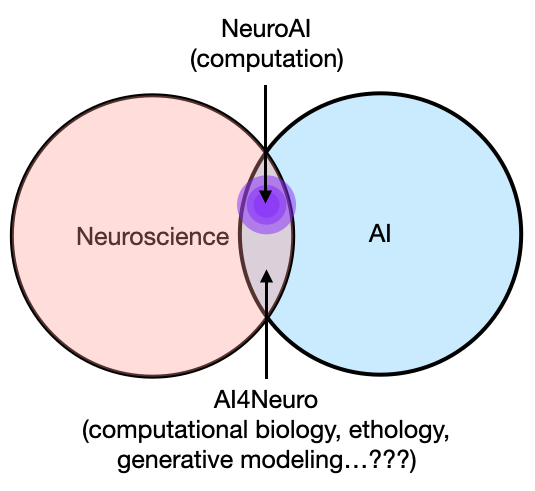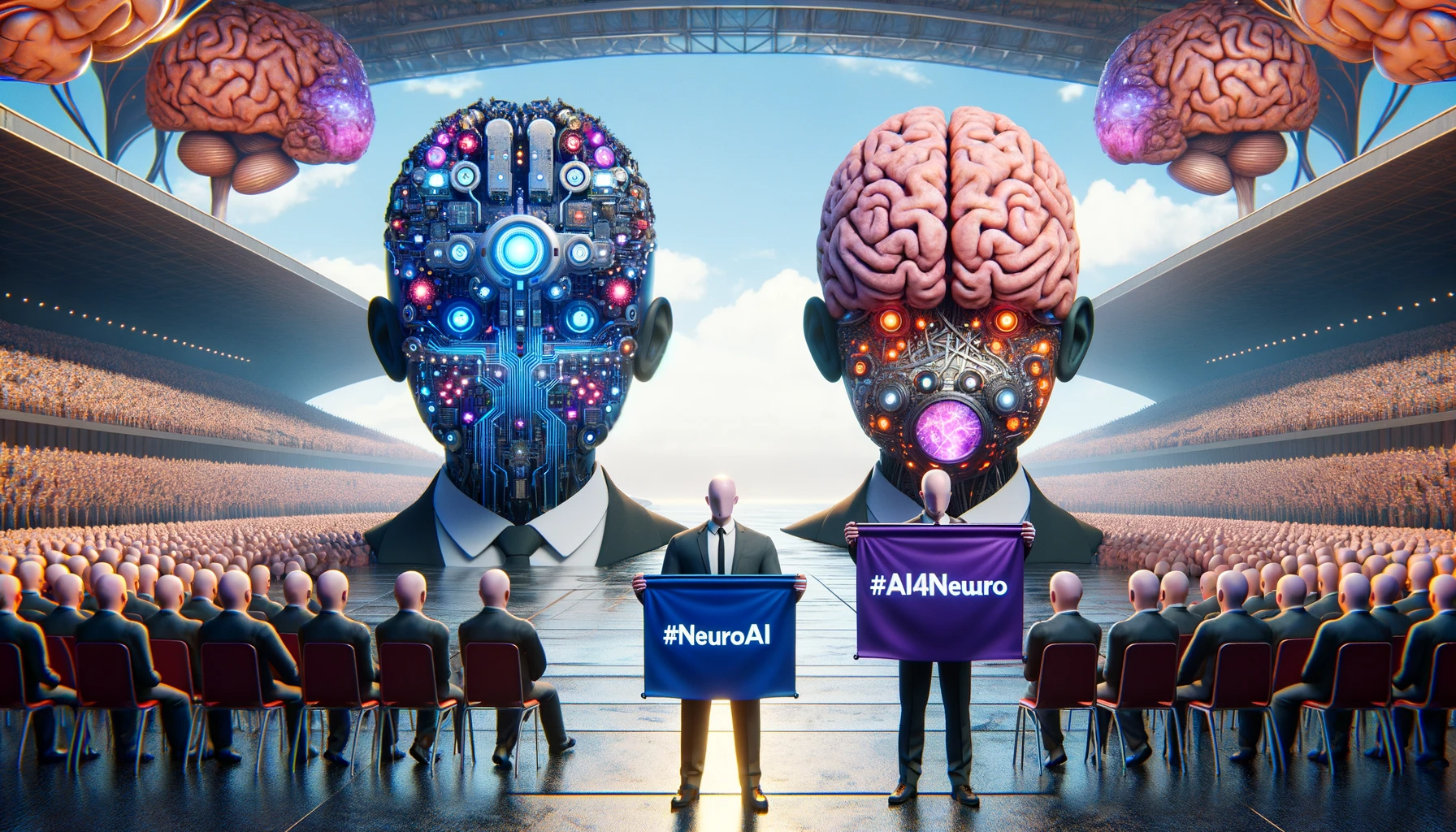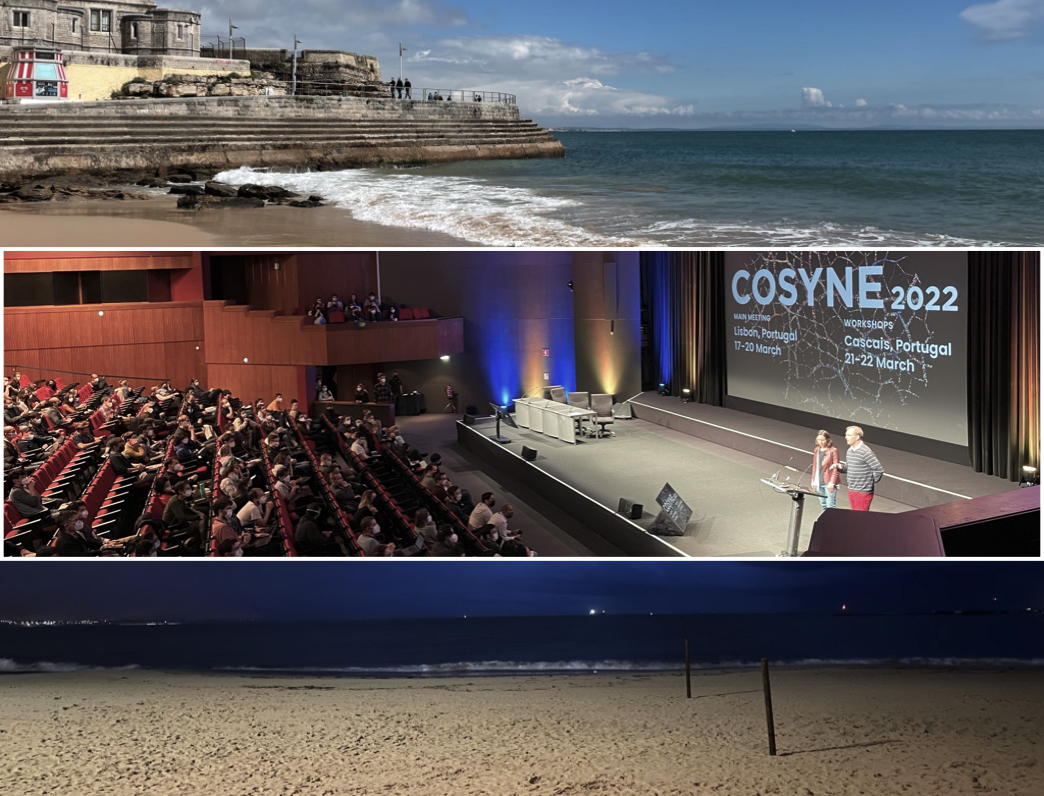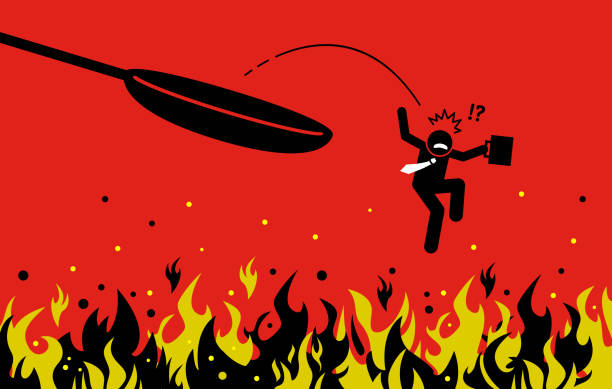Below is an excerpt from a recent post on Wait But Why (see full - in all senses of the word “full” - post, here):
The harm caused is now an unaccounted-for cost, also known as a negative externality, and my incentives are no longer aligned with the customer’s best interests. If all I care about is greed and maximizing profit, I will continue to use the chemical, because I’m economically incentivized to do so.
This kind of negative externality is how tobacco companies got away with murder for so many decades. The long-term cost to customers’ health was unaccounted for because customers were ignorant to the consequences, the negative effects were years away, and there was no regulatory penalty in place to charge for the harm. Thinking purely from a greed-optimizing perspective, cigarette companies acted completely rationally. They kicked up nicotine levels in cigarettes and added shards of glass into filters to create tiny cuts and increase nicotine absorption, which caused further harm but increased demand—but since the harm was unaccounted for, this was a pure net positive for the company. And when anti-tobacco campaigns started to educate customers on cigarette harm—which attaches the harm to the cost of scared customers and lower demand—the tobacco industry hired low-integrity scientists to discredit the negative campaigns and muddle the message. Awareness would get there eventually, but the longer they could delay and keep the harm hidden, the better off they’d be from a greed standpoint.
People call this evil, but all it really is is an industry acting in its own best interests within the parameters of its environment. Greed is a simple motivation—it takes whatever it can get, and it’ll push all available limits it can in order to fully optimize. I used tobacco companies as an example, but you could easily tell the story with fast food, radiation-emitting consumer electronics, politician behavior, the finance industry, and many others.
This topic probably deserves its own full post at some point, but I just couldn’t not take down this quote because it largely summarized a recurring conversation I had with many good friends in the last few months.
We face this kind of moral questions on a daily basis, though at a much smaller scale for us regular-Joes-and-Janes. We tend to think of these corporations and specific industries as “evil”, or the driving force of social and environmental instability. In reality, it’s just a bunch of regular Joes and Janes sitting on the (extremely) long end of a seesaw, catapulting the world across from them - not by malicious intent, but by something as natural as gravity: our own greed. Not that I don’t think Joes and Janes in positions of power shouldn’t act responsibly and, dare I say it, “morally”. I just think that, having been born into a culture where personal greed is heroically exemplified, it would require taking some adult classes on moving away from the default.




